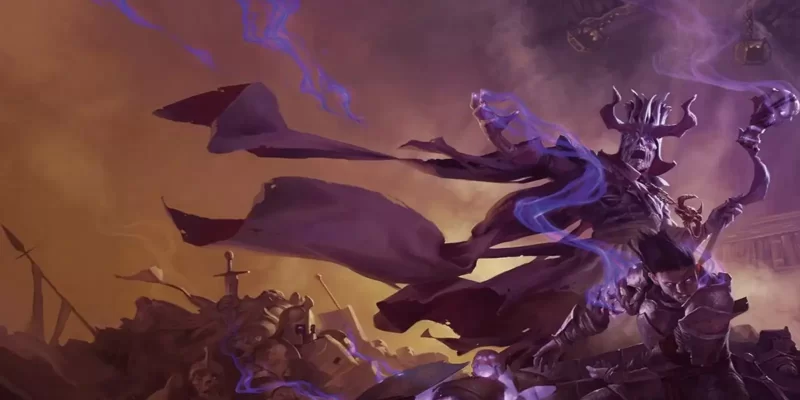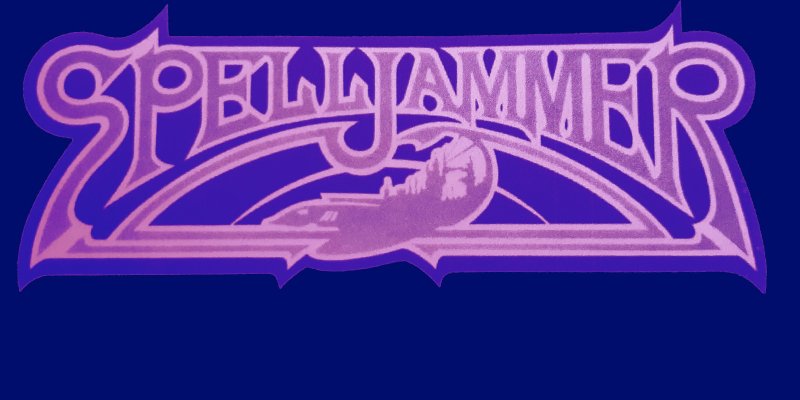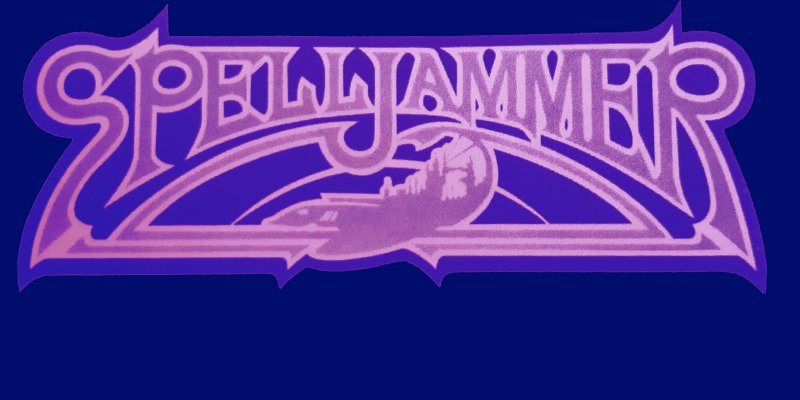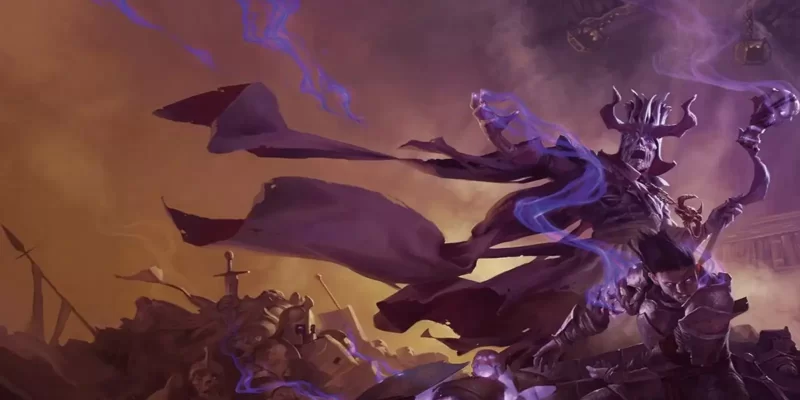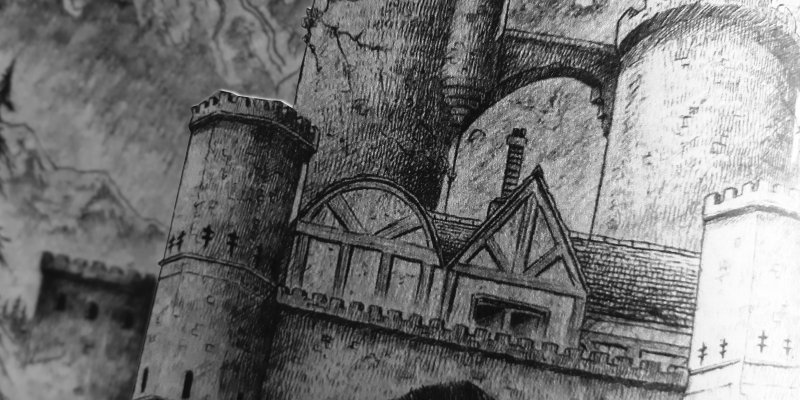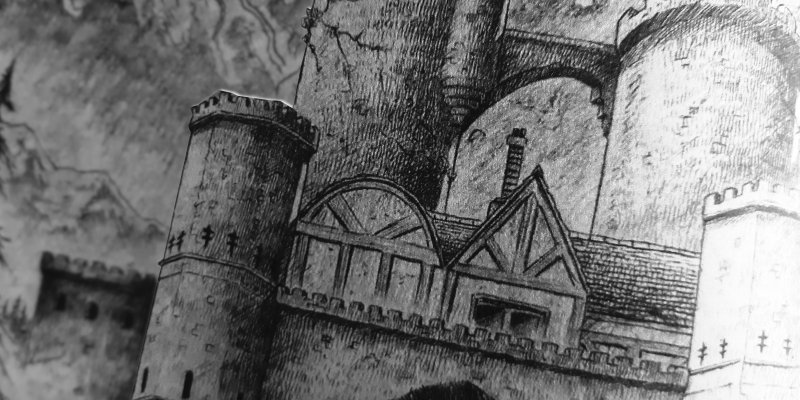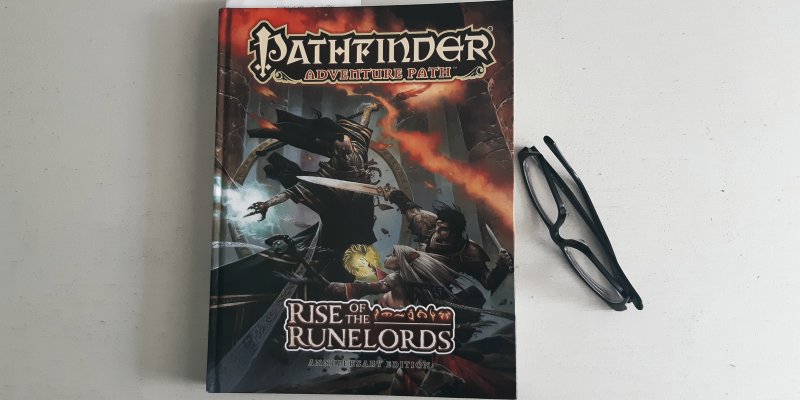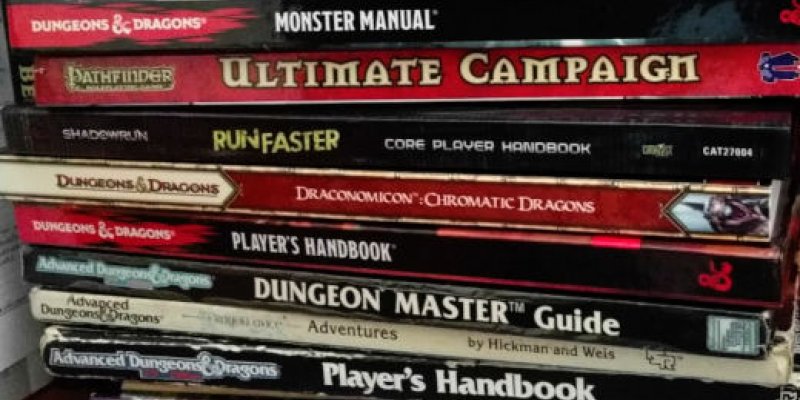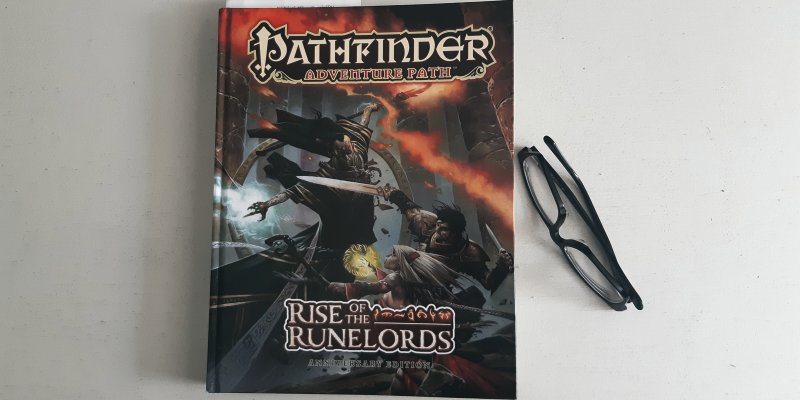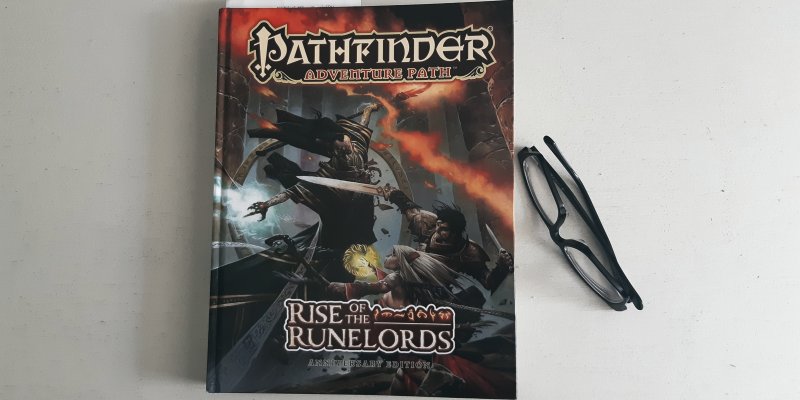When the 5e Dungeon Master's Guide DMG came out back in 2014, I read it from cover to cover. I knew I'd be running games, so I needed to know about the rules of the world. That is, of course, what the DMG is. It contains the rules for things that aren't the player characters themselves, but that i...
I mentioned in my first look at Spelljammer that ship combat appears to largely be missing from the Astral Adventurer's Guide. I've fixed that with some custom rules, adapted from my well-worn Starfinder ship combat ruleset.
I didn't have high hopes for ship combat rules, honestly, because I'v...
I picked up a copy of Spelljammer, the latest release from Wizards of the Coast, and I've spent the past couple of days reading over the three books in the boxed set. This is a quick cursory review of the new setting.
When Spelljammer was first announced, I was excited about it. I've already pla...
I believe I've reached a definitive conclusion about the organisational structure of most 5e books. I don't know what it is about the way 5e books are put together, but I have yet to find even one that entirely makes sense to me. This isn't a complaint I make lightly, because I see how much informat...
Years ago, Alderac Entertainment Group (AEG) published a few "splatbooks" for 3rd Edition D&D, and one of these books was titled Undead (with Mike Mearls as a credited writer). I've been reading it lately, because I play Pathfinder, which is essentially 3rd Edition with revisions, and I love pla...
Way back at the turn of the century, Wizards of the Coast decided to adopt open source methodology by developing the Open Game License (OGL). This marked not just the 3rd Edition of the game, but also the opening of the market for supplementary D&D material. After the 3rd Edition was released, there...
I mostly play Pathfinder and 5e D&D, but if asked, I do also consider myself an AD&D 2nd edition player. In fact, emotionally I consider 2nd edition "my edition" because it for that edition I rolled my first characters (which I then never played, because my parents forbade it), and I read Dragonlanc...
Quick reference is invaluable during a D&D game. Even when you know the page numbern of important tables by heart, sometimes the book you need is in use by another player, or you're already elbows deep into 3 other books as it is, or you just don't have room on the table or your lap for another book...
Have you ever thought about how teleportation works? Because it's imaginary, we don't often wonder about the details. It's magic, and that's good enough. Usually. Unless, that is, you're playing a game relying on a series of logical connections to render a predictable and repeatable result. In real...
Lately I've been playing a lot of D&D online, and the games often only last for the duration of a single module. Groups come together to play through a 20 or 30 page adventure, the game lasts for a few sessions, and then ends. (My current online gaming group, admittedly, was only supposed to game to...
I was reading through a published adventure a few days ago, and noticed something odd about the way it got started. As written, the player characters are meant to wander into the game world individually, and then meet one another as they travel. The module tells the Dungeon Master to prompt each pla...
I picked up the Anniversary Edition of Rise of the Runelords, the very first Pathfinder adventure path. This is my review of the fourth module, Fortress of the Stone Giants.
This is an exciting and brutal ending to an exciting adventure path. The plot is simple: get to the tippy-top of a mo...
I play 5e every week, and I absolutely love it. So it may seem strange that I simultaneously believe that the 3rd edition (specifically 3.5) of D&D remains the definitive incarnation of the game.
You might think nostalgia's to blame, but in fact I have nostalgia for 2nd edition DragonLance and Pla...
I picked up the Anniversary Edition of Rise of the Runelords, the very first Pathfinder adventure path. This is my review of the fifth module, Sins of the saviours.
The penultimate module in the Runelords adventure path, this is a relatively straight-forward dungeon crawl. Before they can...
In a previous post, I explained why I love alignment in D&D, but I acknowledged that it doesn't have to work for everyone. I also admitted that I'd recently discovered an alternative to the system, but I didn't say where I'd found it.
When I bought the book Guildmasters' Guide to Ravnica, I w...
I picked up the Anniversary Edition of Rise of the Runelords, the very first Pathfinder adventure path. This is my review of the fourth module, Fortress of the Stone Giants.
This module, in a way, is the turning point of the Runelords adventure path. It's in this module that the players lea...
